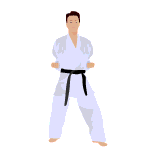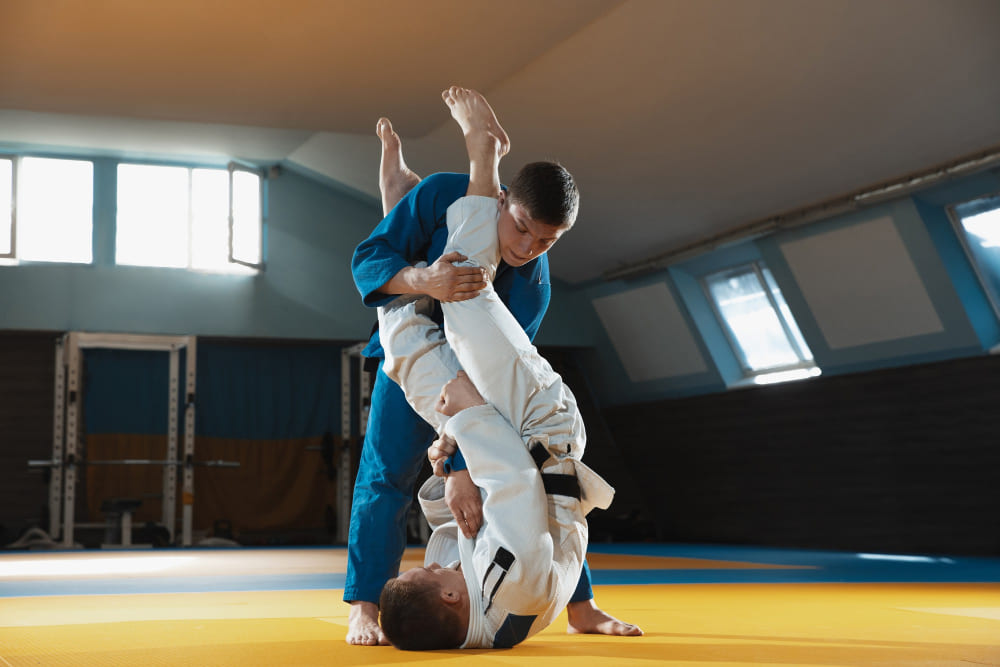



The image of a martial arts practitioner often conjures up thoughts of flying kicks and lightning-fast punches. While physical prowess is certainly a part of the discipline, the true benefits of martial arts training extend far beyond the dojo walls, impacting personal growth and well-being in surprising ways. Let's delve into the hidden treasure trove of benefits that lie beyond the physical aspects of martial arts, using karate as our guiding example.
Think beyond the classic "wax on, wax off" scene. Karate training actively challenges and improves mental focus and concentration. Each intricate movement demands focused attention, while complex katas (predetermined sequences) train the mind to process information quickly and accurately. Studies published in the Journal of Sport and Health Science have shown that karate practice can enhance cognitive function and memory, especially in children.
Imagine the boost in self-confidence that comes with mastering a challenging technique or overcoming your fear of sparring. Each achievement in karate, big or small, is a personal victory, instilling a sense of accomplishment and self-belief. As Master Li, a senior instructor at our dojo, shares, "Witnessing students overcoming their initial shyness and blossoming into confident individuals is one of the most rewarding aspects of teaching."
The repetitive nature of training, combined with the emphasis on proper form and respect, cultivates discipline at its core. Students learn to set goals, work hard, and persevere through challenges, building mental grit and transferable life skills. A recent study published in the Journal of Youth Development found that martial arts participation is associated with reduced behavioral problems and improved academic performance in adolescents.
Contrary to the popular lone warrior image, many martial arts, including karate, heavily emphasize teamwork. Partner drills, synchronized katas, and collaborative training all develop valuable communication, cooperation, and leadership skills. As student Sarah puts it, "Karate has taught me how to work effectively with others, both in the dojo and in my school groups."
The dynamic movements and focused breathing techniques employed in karate are powerful tools for stress reduction. The intense physical activity releases endorphins, the body's natural feel-good chemicals, while the focused breathing calms the mind and reduces anxiety. This stress-busting aspect is supported by research published in the journal Complementary Therapies in Medicine, which found that regular karate practice significantly lowers stress levels in participants.
The mindful movements and emphasis on breath control in karate create a space for introspection and self-awareness. As students progress, they develop a deeper connection to their bodies and minds, fostering a sense of inner peace and emotional well-being. This mindful aspect is echoed by Instructor Michael, who notes, "Many students express how karate has helped them manage their emotions and find moments of quiet amidst the daily chaos."
These are just a few of the many unexpected benefits that await those who step beyond the stereotypical view of martial arts. Whether you're seeking physical fitness, mental acuity, or personal growth, karate offers a unique and rewarding path. Take it from me, a former skeptic turned lifelong practitioner, the impact of martial arts training extends far beyond the dojo walls, enriching your life in ways you never imagined.